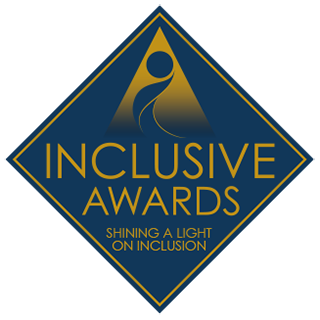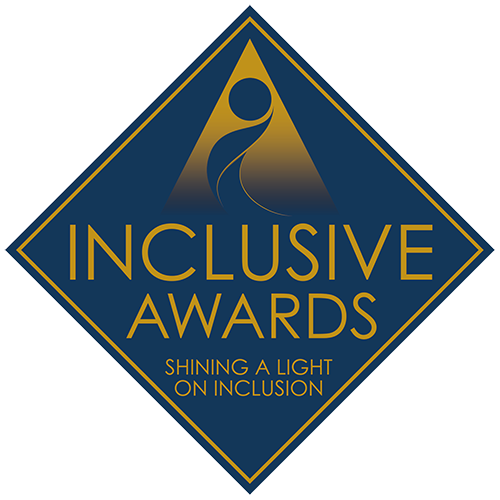As CEO of First Star Scholars UK, Diarmuid leads a national charity dedicated to improving outcomes for one of the UK’s most overlooked and underrepresented groups: young people in care. With fewer than 13% progressing to university and many experiencing educational disruption, trauma, and systemic neglect, First Star offers long-term, relationship-driven support to help care-experienced young people thrive in education, employment, and life.
Under Diarmuid’s leadership, the charity has evolved into a national movement. In just over a year, First Star has expanded to six sites, including Emmanuel College, University of Cambridge and University College London, with a new programme in Edinburgh due to open later this year. The model is co-designed with care-experienced young people and includes academic mentoring, life skills, and summer residentials, all delivered in university settings to build familiarity, confidence, and a sense of belonging in higher education.
Diarmuid has helped reshape First Star’s delivery to be 70% more cost-effective, without compromising impact, and to centre lived experience in leadership—one third of the board is now made up of care-experienced First Star graduates. He continues to champion systemic change in how schools, local authorities, and universities engage with care-experienced communities, working across all four UK nations to embed more inclusive education ecosystems.
Before taking on this role, Diarmuid was Director of Philanthropy at Foreland Fields Charity, where he led the design, fundraising, and delivery of a pioneering 5-acre inclusive campus for people with profound and multiple learning disabilities. The Hive, as it is now known, is a nationally significant model for inclusive infrastructure and community provision. It includes accessible training facilities, sensory spaces, hoists, a forest school, horticulture area, and a community café. Built from the ground up with no other permanent staff, Diarmuid raised over £1 million and project-managed the entire scheme, ensuring that every detail—from door widths to programme design—was created with accessibility and dignity at its core.
The Hive was not just built to support children during school years, but to provide continued purpose, learning, and connection into adulthood. Its programmes now support hundreds of people with SEND from Thanet and East Kent each year, including autism-specific holiday schemes, traineeships for 19–25-year-olds, and community inclusion projects for people over 55. Diarmuid also founded and leads the CIC that runs The Hive’s services, which now supports over 500 regular users.
Earlier in his career, Diarmuid held senior leadership roles in secondary education, including Head of School at the UCL Academy in London. There, he helped implement a pastoral and academic structure that significantly improved outcomes for disadvantaged students, with a particular focus on care-experienced and SEND learners. He embedded inclusive vocational and STEM pathways, secured external recognition for inclusive enterprise education, and led on curriculum and safeguarding for the school.
His academic background includes a Bachelor of Education in Engineering and Materials, a Master’s in Education Leadership focused on STEM, and a Master’s in Philanthropy from the University of Kent. He also completed the Mayor of London’s ‘Get Ahead’ Principal programme, which prepares future leaders to tackle systemic inequality in education.
Throughout his work—whether in mainstream education, specialist SEND provision, or the care system—Diarmuid has consistently focused on those most at risk of being left behind. His leadership is characterised by collaboration, humility, and a belief that systems should flex to meet people’s needs, not the other way around. He does not position himself as an expert “on” communities, but rather as a partner working “with” them to co-create lasting, inclusive change.
His work today spans education, special needs and disabilities, health, and social care—and always with a simple principle: no one should be excluded from opportunity because of who they are or what they’ve been through.



